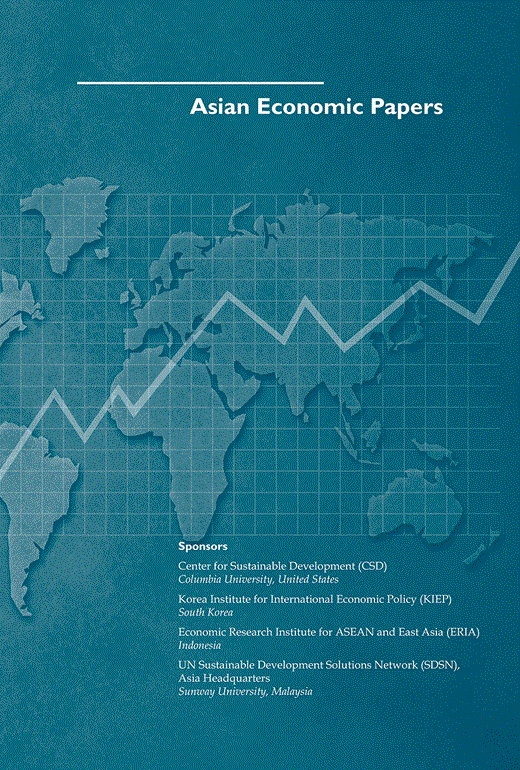The Belt and Road Initiative: Economic Causes and Effects*
IF 5.3
3区 经济学
Q1 ECONOMICS
引用次数: 0
Abstract
Abstract Chinese investment abroad has grown significantly in connection with the Belt and Road Initiative (BRI). This paper tries to answer two questions: First, what considerations gave birth to the BRI? And second, what are the project's economic effects in terms of capital flows and international trade? It is found that the project is above all a way to deal with large surplus capacity in China's capital-intensive industries, to increase growth in relatively poor regions of the country, and to secure a supply of energy and raw materials. For other countries involved in the project, BRI investments are a means to increase production and international trade. International trade and foreign direct investment have been positively affected, although to a limited extent. Finally, there are concerns that lack of transparency in Chinese lending may lead to increased corruption, and that some countries will face financial difficulties.“一带一路”倡议倡议的经济成因与影响*
摘要随着“一带一路”倡议倡议的实施,中国的海外投资大幅增长。本文试图回答两个问题:第一,“一带一路”倡议是出于什么考虑?其次,该项目在资本流动和国际贸易方面的经济影响是什么?研究发现,该项目首先是为了应对中国资本密集型产业的大量过剩产能,促进中国相对贫困地区的增长,并确保能源和原材料的供应。对于参与该项目的其他国家来说,“一带一路”投资是增加生产和国际贸易的一种手段。国际贸易和外国直接投资受到了积极影响,尽管影响程度有限。最后,有人担心,中国贷款缺乏透明度可能会导致腐败加剧,一些国家将面临财政困难。
本文章由计算机程序翻译,如有差异,请以英文原文为准。
求助全文
约1分钟内获得全文
求助全文
来源期刊

Asian Economic Papers
ECONOMICS-
CiteScore
7.50
自引率
0.00%
发文量
16
期刊介绍:
The journal Asian Economic Papers (AEP) is supported by several prominent institutions, including the Center for Sustainable Development at Columbia University in the United States. This shows that there is a strong emphasis on sustainable development within the journal's scope. Additionally, the Korea Institute for International Economic Policy in South Korea, the UN Sustainable Development Solutions Network (SDSN) in Malaysia, and the Economic Research Institute for ASEAN and East Asia in Indonesia also sponsor AEP. The articles published in AEP focus on conducting thorough and rigorous analyses of significant economic issues pertaining to specific Asian economies or the broader Asian region. The aim is to gain a deeper understanding of these issues and provide innovative solutions. By offering creative solutions to economic challenges, AEP contributes to the discourse and policymaking that impact the Asian economies and region as a whole.
 求助内容:
求助内容: 应助结果提醒方式:
应助结果提醒方式:


